Edible Mealworms – Human Grade Edible Insects – Protein-Rich Bugs
Our edible mealworms are a crunchy, mild-tasting, and highly nutritious introduction to eating insects. With their subtle nutty flavour and versatility in both sweet and savoury dishes, mealworms are a popular choice for anyone looking to explore sustainable protein in an easy, approachable way.
Lab-Tested for Human Consumption Edible Mealworms
-
High in Protein: A complete protein source supporting active and balanced diets
-
Naturally Nutritious: Rich in vitamin B12, iron, zinc, healthy fats, and essential amino acids
-
Mild & Versatile: Crispy texture and neutral flavour make them easy to cook with
-
Eco-Friendly Protein: Sustainably farmed with a low environmental footprint
Mealworms are often considered one of the best edible insects for beginners thanks to their familiar appearance when cooked and their adaptability in everyday recipes. If you’re new to edible insects, you may find this guide helpful:
-> Best insects to eat for beginners
How to Enjoy Edible Mealworms
-
Snack on them straight from the pack
-
Sprinkle over salads, pasta, or breakfast bowls
-
Roast with spices for a crunchy topping
-
Grind into powder for baking, sauces, or smoothies
For practical preparation tips and serving ideas, visit our dedicated guide:
-> How to prepare and eat edible insects
Learn More About Edible Insects
If you’d like to understand more about nutrition, safety, sustainability, and common questions, our FAQ and in-depth resources cover everything you need to know:
-> Edible insects FAQs
-> Complete edible insects guide
Order edible mealworms today and enjoy a nutritious, versatile, and environmentally friendly protein that fits effortlessly into modern cooking.
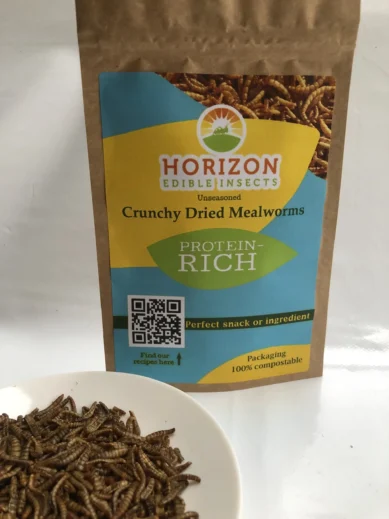
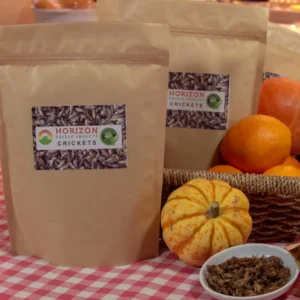
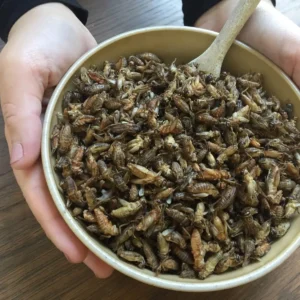
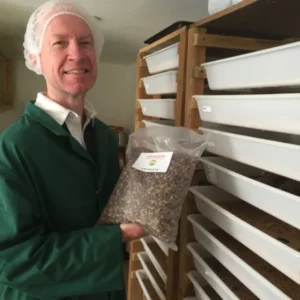
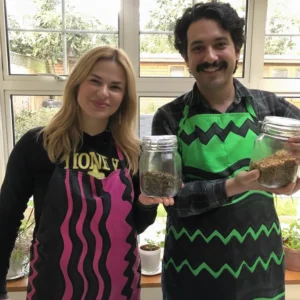
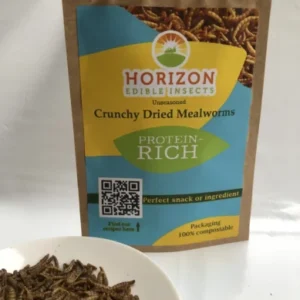
Reviews
There are no reviews yet.